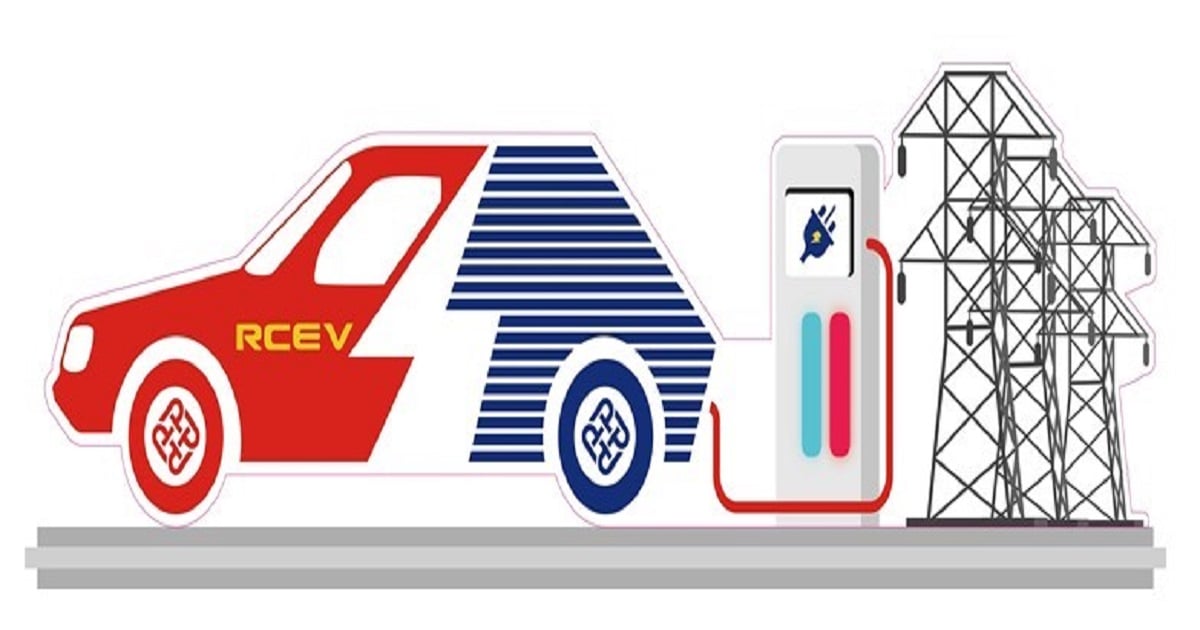Topic Editors

Advances in Electric Vehicle Charging Systems and Vehicle-to-Grid Technology

Topic Information
Dear Colleagues,
The transition to electric vehicles (EVs) is a cornerstone in the global effort to pave the way for smart cities and carbon neutrality. With the rapid growth of the EV market, the demand for innovative charging and vehicle-to-grid (V2G) technologies has become more pressing than ever. To expand the sustainable vehicle revolution, towards electrification, intelligence, and connectivity, this Special Issue aims to explore the latest advancements in EV charging and V2G technologies, addressing the challenges and opportunities in the context of modern urban environments and energy networks. The primary objective of this Special Issue is to disseminate cutting-edge research and development findings related to EV charging and V2G technologies. To highlight state-of-the-art approaches and technologies, this Special Issue will also delve into the potential of charging and V2G technologies to alleviate grid burden and enhance electricity utilization, thereby supporting the broader goals of energy sustainability and smart city development. In this context, prospective authors are invited to submit their original contributions, surveys, or tutorial papers to this Topics.
Topics of interest include, but are not limited to, the following:
- EV charging technologies and infrastructure;
- Interoperability of bidirectional charging;
- Fast charging solutions and their impact on power grid and battery health;
- Sizing and planning of EV charging infrastructure;
- Wireless energy trading and wireless energy internet for connected EVs;
- Impacts of V2G on grid stability and optimization methods;
- Artificial intelligence applications in optimizing EV charging facilities;
- Energy scheduling and dynamic power regulation of V2G regulation services;
- Advances, cybersecurity, and data privacy in V2G, vehicle-to-home, and vehicle-to-vehicle regimes.
Prof. Dr. Ching Chuen Chan
Prof. Dr. K. T. Chau
Dr. Wei Liu
Topic Editors
Keywords
- electric vehicle charging
- vehicle-to-grid
- interoperability of bidirectional charging
- wireless energy internet
- wireless energy trading
- charging facilities with artificial intelligence
- smart cities and carbon neutrality
Participating Journals
| Journal Name | Impact Factor | CiteScore | Launched Year | First Decision (median) | APC | |
|---|---|---|---|---|---|---|

Energies
|
3.0 | 6.2 | 2008 | 16.8 Days | CHF 2600 | Submit |

Applied Sciences
|
2.5 | 5.3 | 2011 | 18.4 Days | CHF 2400 | Submit |

Electronics
|
2.6 | 5.3 | 2012 | 16.4 Days | CHF 2400 | Submit |

Vehicles
|
2.4 | 4.1 | 2019 | 19.9 Days | CHF 1600 | Submit |

Eng
|
- | 2.1 | 2020 | 21.5 Days | CHF 1200 | Submit |

World Electric Vehicle Journal
|
2.6 | 4.5 | 2007 | 16.2 Days | CHF 1400 | Submit |

Preprints.org is a multidisciplinary platform offering a preprint service designed to facilitate the early sharing of your research. It supports and empowers your research journey from the very beginning.
MDPI Topics is collaborating with Preprints.org and has established a direct connection between MDPI journals and the platform. Authors are encouraged to take advantage of this opportunity by posting their preprints at Preprints.org prior to publication:
- Share your research immediately: disseminate your ideas prior to publication and establish priority for your work.
- Safeguard your intellectual contribution: Protect your ideas with a time-stamped preprint that serves as proof of your research timeline.
- Boost visibility and impact: Increase the reach and influence of your research by making it accessible to a global audience.
- Gain early feedback: Receive valuable input and insights from peers before submitting to a journal.
- Ensure broad indexing: Web of Science (Preprint Citation Index), Google Scholar, Crossref, SHARE, PrePubMed, Scilit and Europe PMC.



